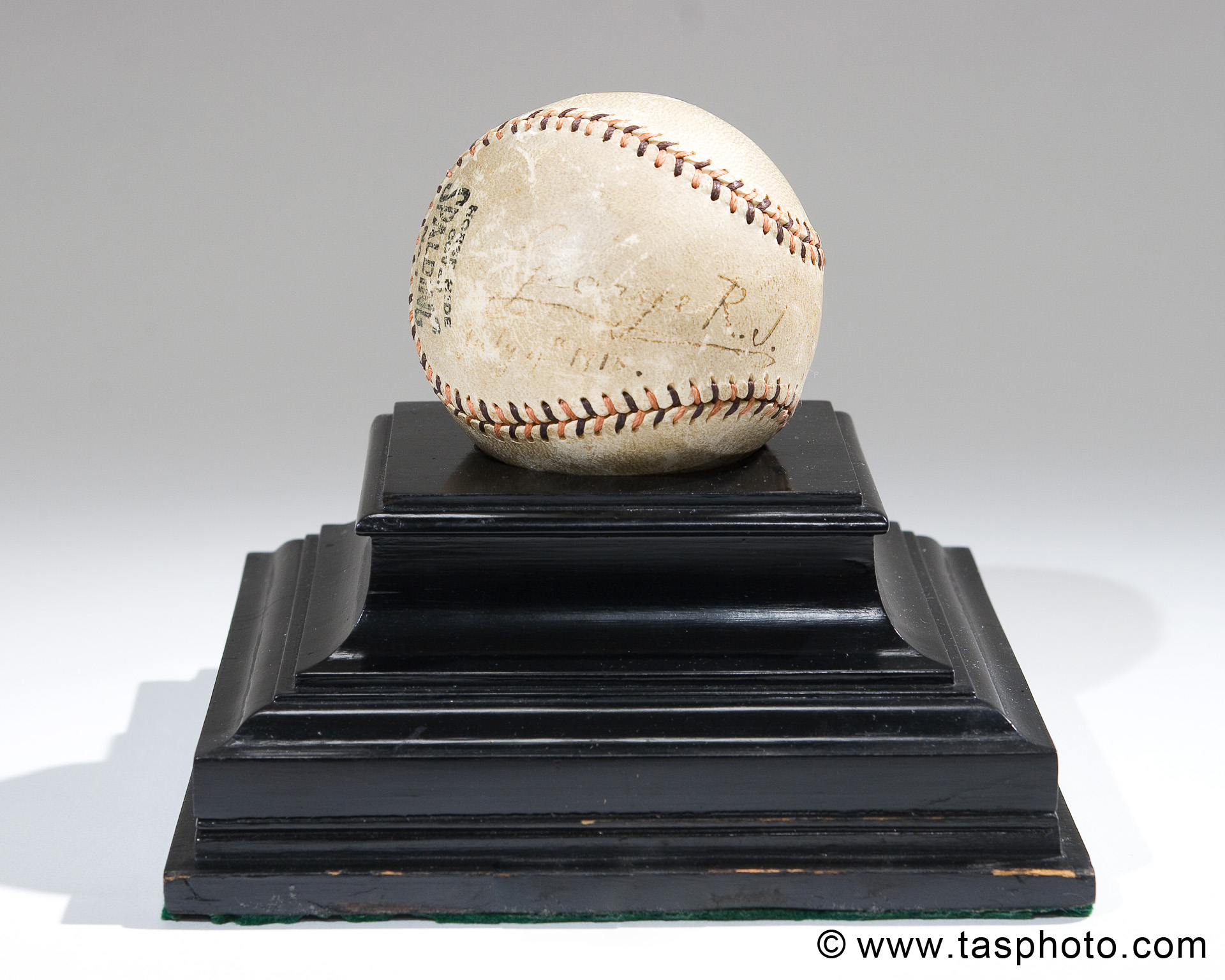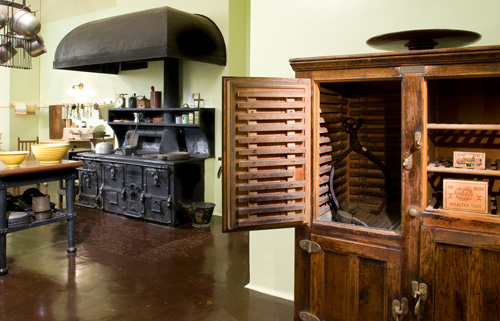Most delicious desserts all have at least one thing in common–sugar. But what would happen if we ran out of sugar?
After WWI there was a sugar shortage in Europe, meaning that most countries were looking for a suitable replacement. Our friend, the ingenious Ms. Clara Wells, came up with the sweet solution shown here. Clara was born in New England, where maple sugar extraction was well known. Living in Europe before and during World War I, she suggested that Europe follow America’s example to ease their sugar shortage.
Invention of Miss Clara L. Wells
Maple Sugar
Description: In order to remedy the shortage of sugar cane and beetroot it would be advisable to use maple sugar as they do in America. One collects the sap which serves to make the sugar in the springtime, beginning in March. For this the tree is perforated at an angle at 50 cm from the ground with two parallel holes 2 cm in diameter and 1 ½ cm deep. With the aid of a pipe the sap is drawn into a bucket. It is collected every day and deposited into barrels to be poured into cauldrons where it is heated until it takes on the consistency of syrup. Cooled, the liqueur is clarified and reheated again to be poured into molds. The maple sugar thus obtained is much less dark in color when the method is perfected. The flavor is pleasant and, refined, it is as beautiful and sweet as that refined in Europe.
In American operations, one man cares for nearly 100 trees, which give 150 kg of sugar a day during the season.
Maple sugar is cultivated in the states of New York, Pennsylvania, and even Maine and Canada. The French climate is similarly suited to this crop. The black maple found in France is very close to the sugar maple and also has abundant sap. The box elder, itself widespread yields similar amounts of sugar. Why not introduce this culture.
My invention consists, therefore, in the establishment of maple sugar refineries and plantations of maple species found to produce a sugar-rich sap.
Maple Sugar is still used in the northern US and Canada. They even have a few different festivals devoted to the product. So, if you’re traveling north in early spring, you might find yourself near one of these festivals!






No comments :
Post a Comment